Neil Lennon may have moved on with his managerial career, now that’s he’s taken on the challenge of turning around the fortunes of fallen champions Omonia Nicosia in Cyprus, however, that’s not to say Lennon doesn’t still worry about his last season as Celtic manager and how it may impact on his legacy.
Speaking to Derek McGregor of the Scottish Sun who has been over in Cyprus over the past week or so, Lennon appears keen to focus on the future, but it appears there is still a difficulty for Lennon, even with the distance he’s now put between himself and Celtic, to admit any failings on his own part for a disastrous final season in charge of the club.
Instead, Lennon continues to blame circumstances and former players, and with good reason, while being unable to accept responsibility for his own role as a manager responsible for results on the park, or as one who clung on to his position despite it being clear he’d lost the trust of his dressing room.

“The way it ended at Celtic was very disappointing. But I think overall we had a hell of a lot of success. Do I want to prove something? Not to anybody in Scotland. I just want to prove to myself we can still build a good team and play fast, productive football and win trophies.
“I don’t feel that I’ve been written off as a manager. I’m only 50 and I’ve had over ten years at it. The final season at Celtic might have overshadowed everything else I’d done at the club because it was so recent. But hopefully, further down the line, there will be a recognition it shouldn’t overshadow what was achieved before. Both as a player and as a manager.”
Photo: Andrew Milligan
“Even going for ten at Celtic. There was nobody in stadiums but it was just everywhere else. It was toxic and pressurised, and we were going through a pandemic as well. That was probably the most difficult thing I’ve had to handle in my career.
“There were a lot of things out of my control, like not being able to go and look at players. You were recruiting them from computer screens because everything was shut.
“Could I have got more of a grip on the players? I wouldn’t say that I’m a thorough disciplinarian but we do set high values — and some of the players fell below that. But, players were also suffering from something that they hadn’t experienced before. So, it was very difficult to point fingers at anyone.
“There were a few who said on record they wanted to go. They made that clear. But they couldn’t because of the environment we found ourselves in.”
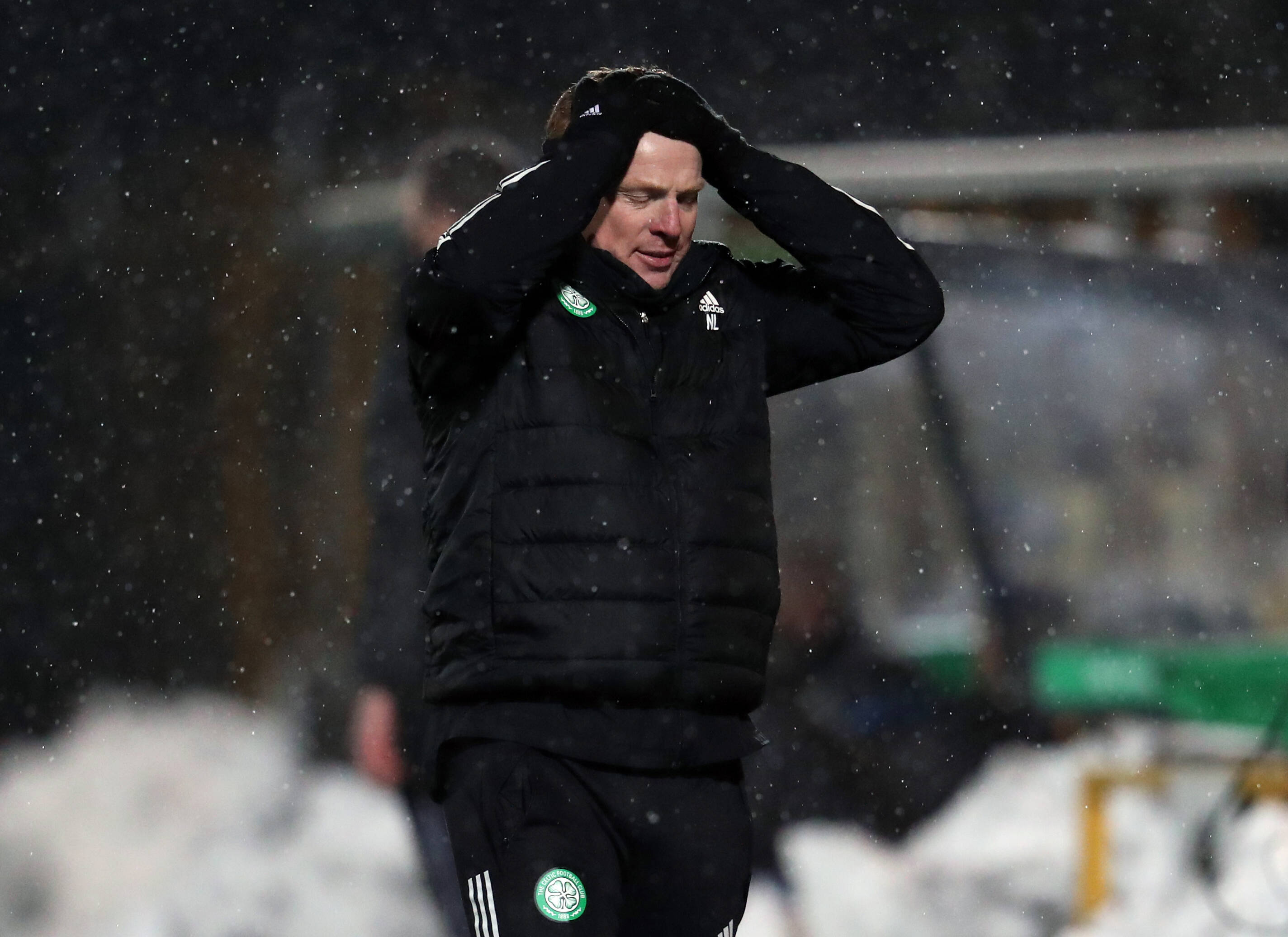
Time will be a great healer for many within the Celtic support. And now with Celtic moving on from a torturous final season under Lennon, and Ange Postecoglou uniting the fans and the players and bringing a real sense of modern thinking and professionalism to the club, many will be able to look back at Neil Lennon’s time with the club and point to his incredible success as both a player and a manager.
And when they do ‘club legend’ will be the words future generations will likely use to describe Neil Lennon and his place in the history of a club who celebrate their past heroes like few other clubs.
However, if Lennon truly is concerned as to his legacy right now, there is a way to address the issues that linger. The finger of blame can be pointed at others, but if he truly wants his reasoning to be recognised, understood and ultimately accepted, it has to also come with an acceptance on his part that the responsibility for some, even if not all, of last season’s failing lay with a manager who oversaw the demise of one of the most successful sides in the club’s history.
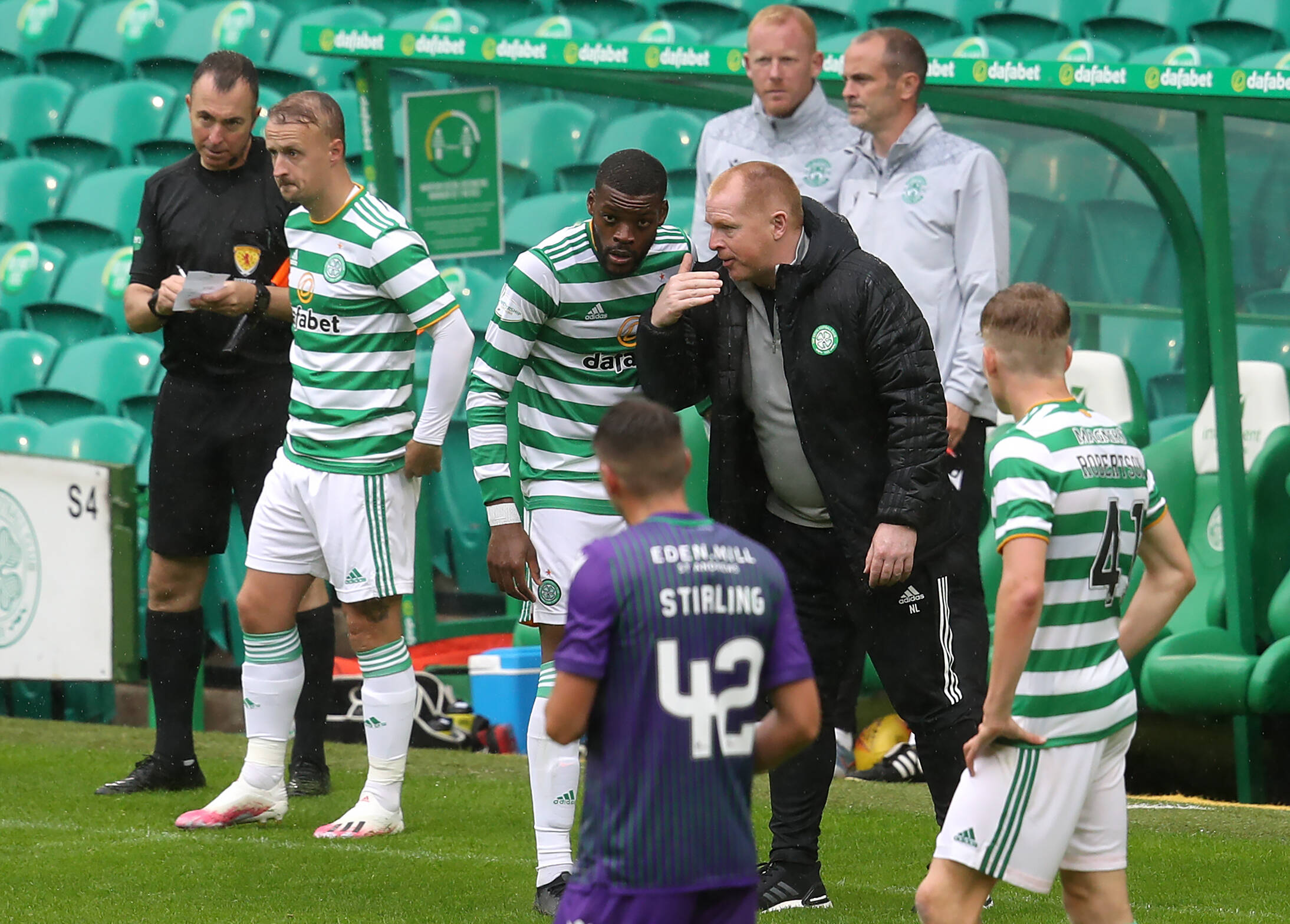
That personal responsibility remains missing, yet if it was addressed honestly, with an admittance of his own failings, then perhaps the rest of his sound reasoning for what went wrong would ultimately have more validity.
Without that however, Lennon simply looks to be deflecting blame and being unwilling, unable, or too proud to admit his part, and it is that will continue to impact the legacy he now concerns himself with. It is something that is easily addressed and something I think most fans would be more than happy to read about rather than the blame game position Neil Lennon continues to take.
Niall J
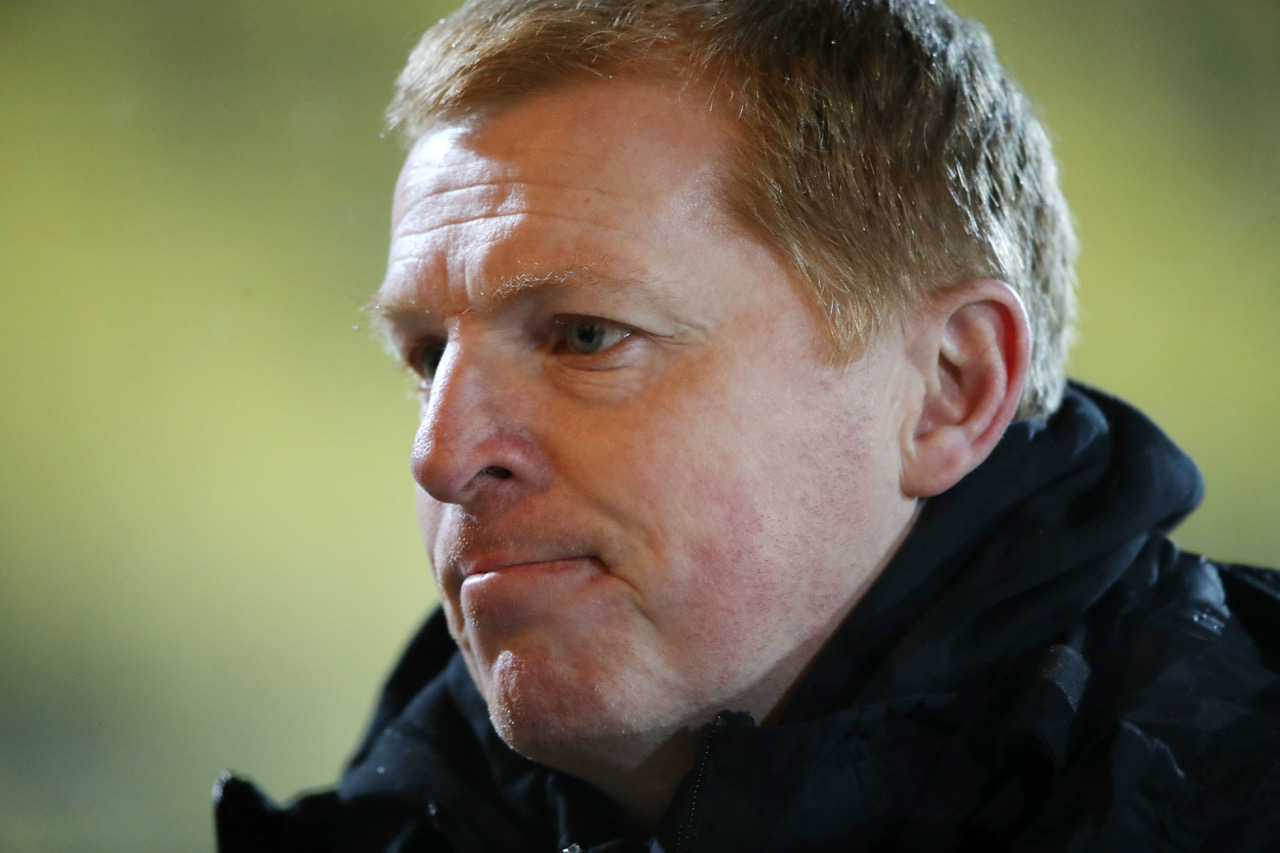
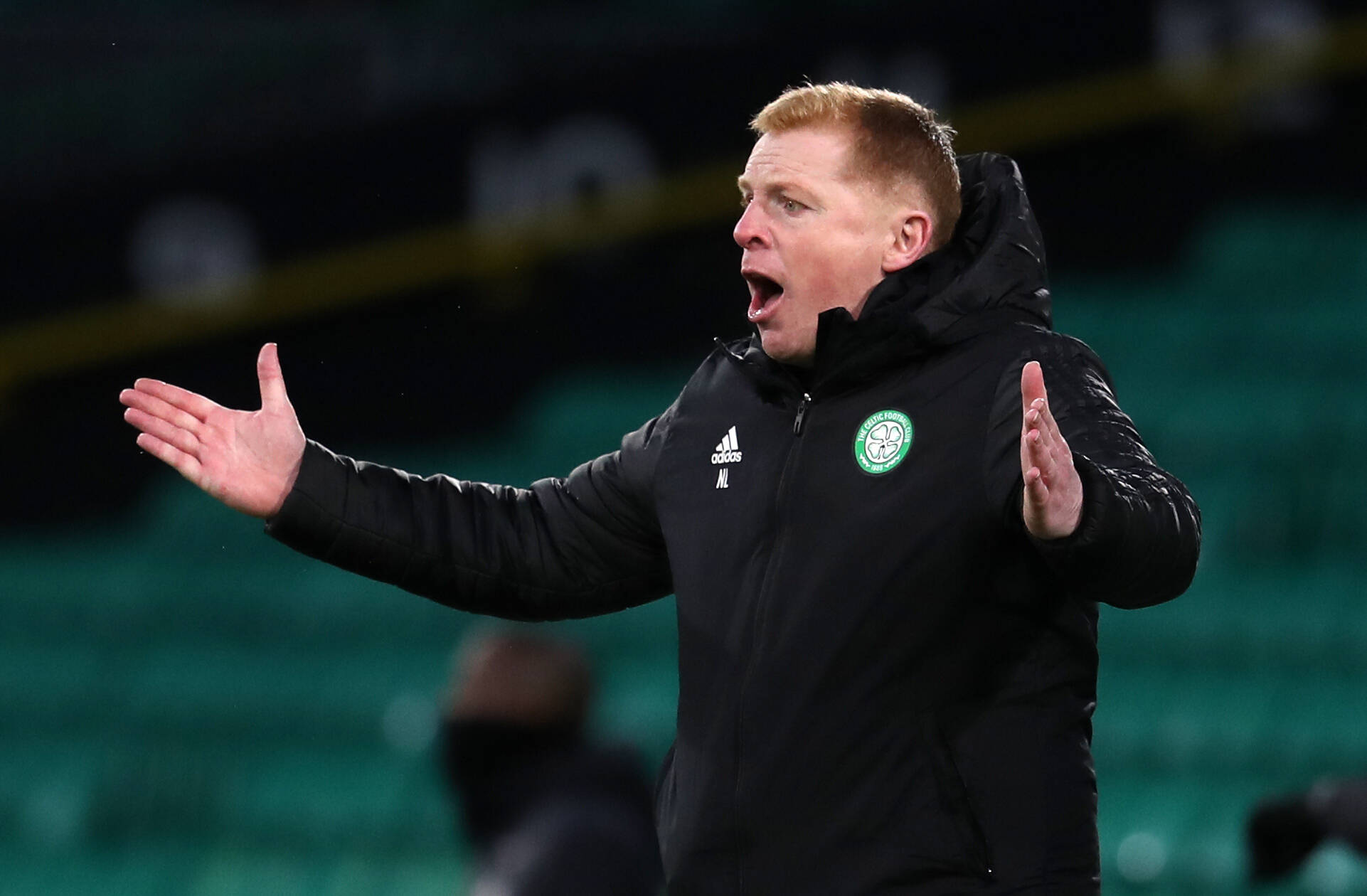
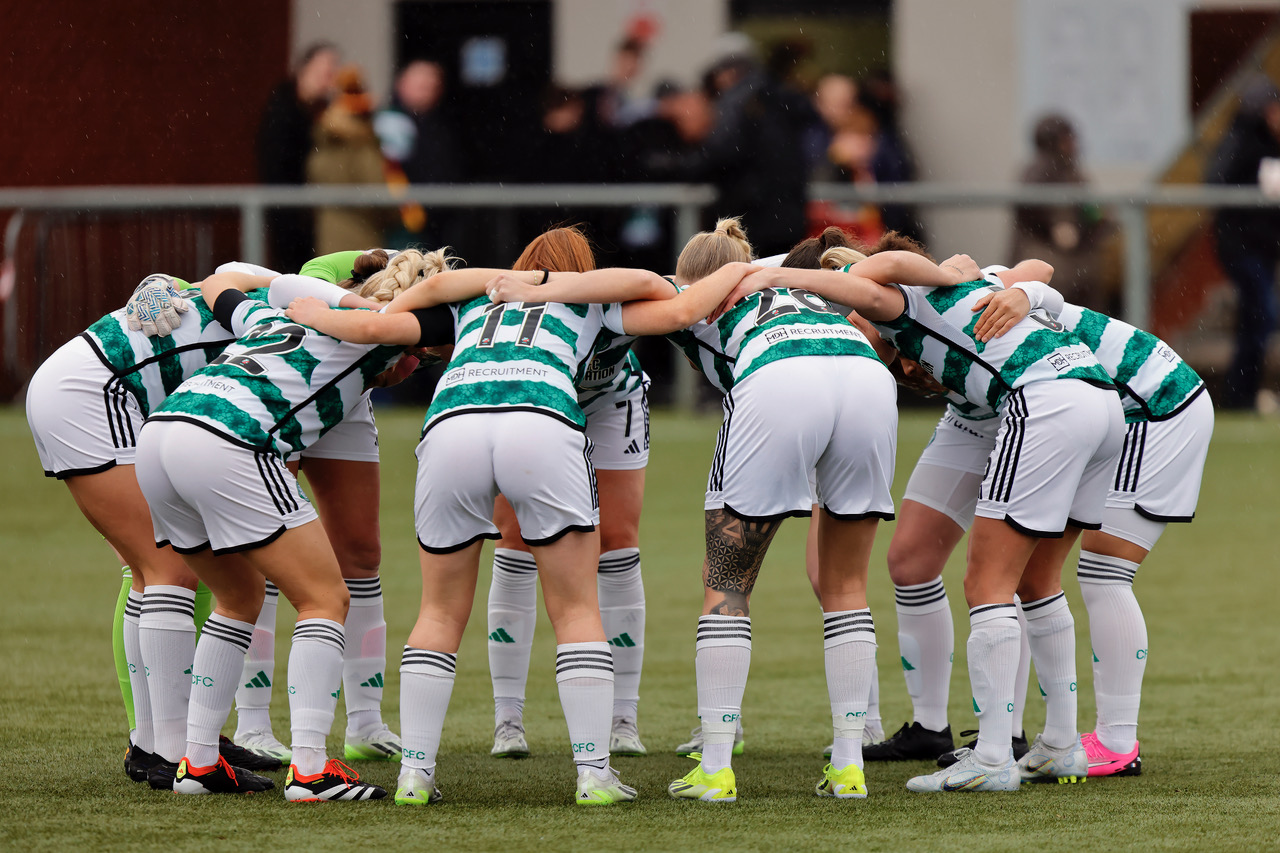
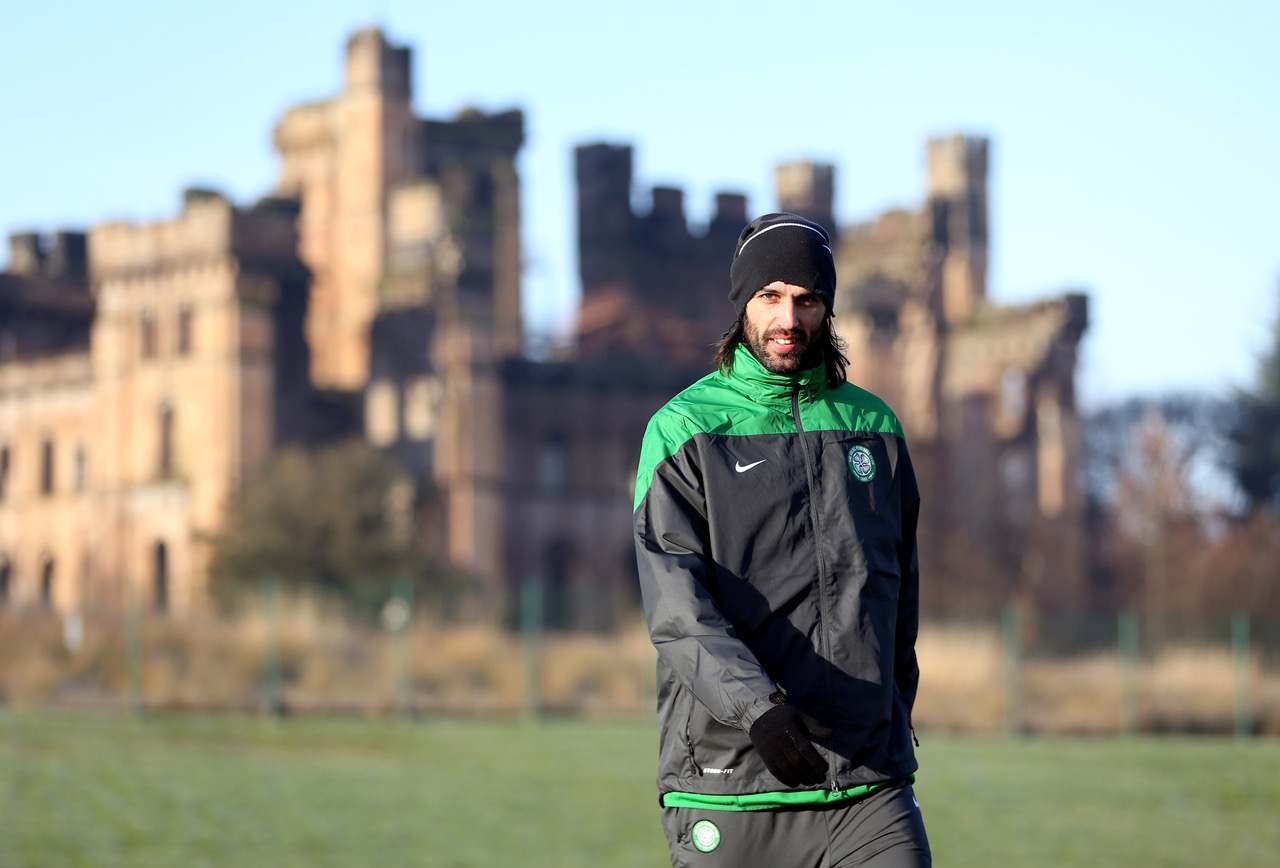
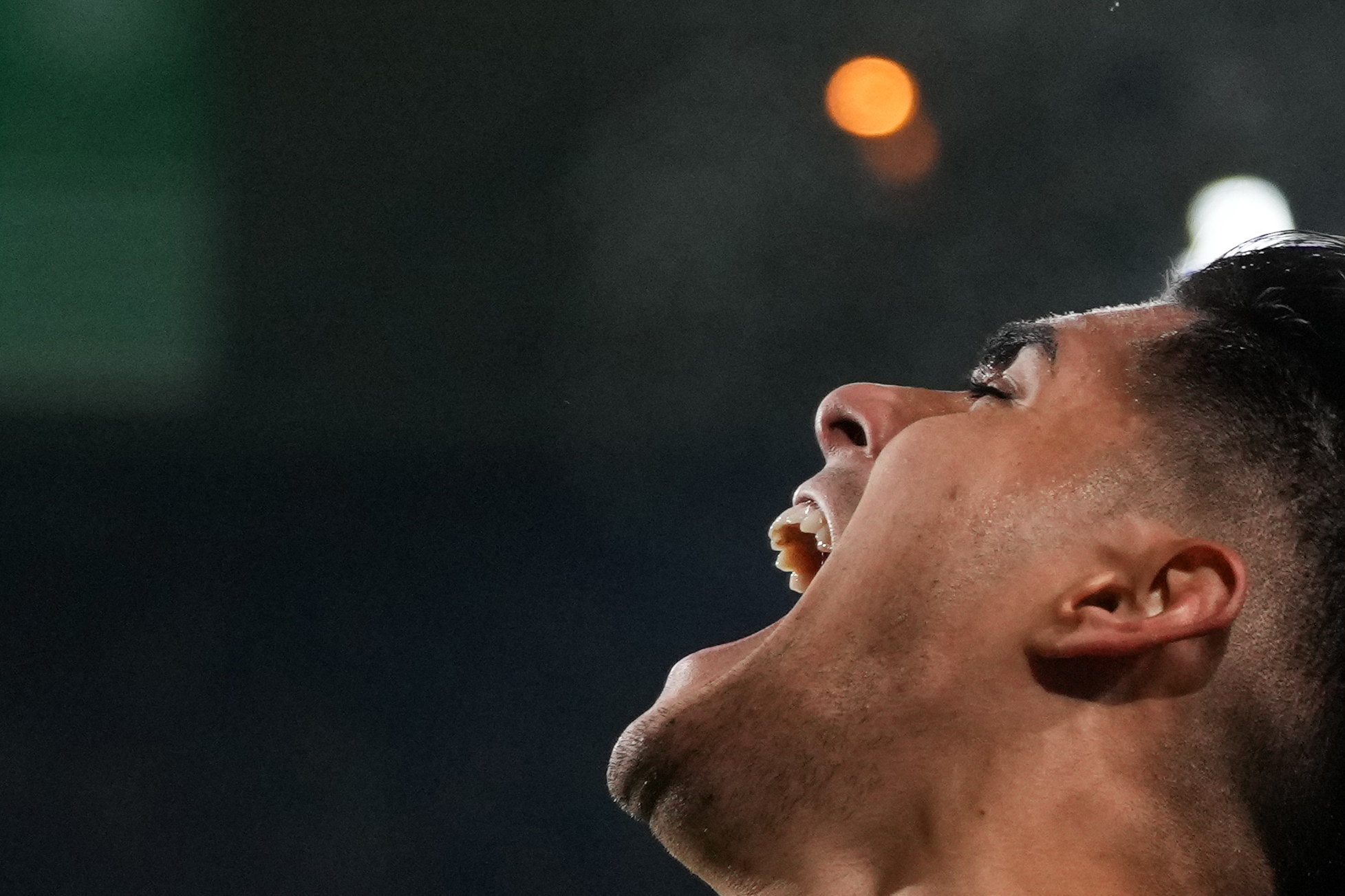
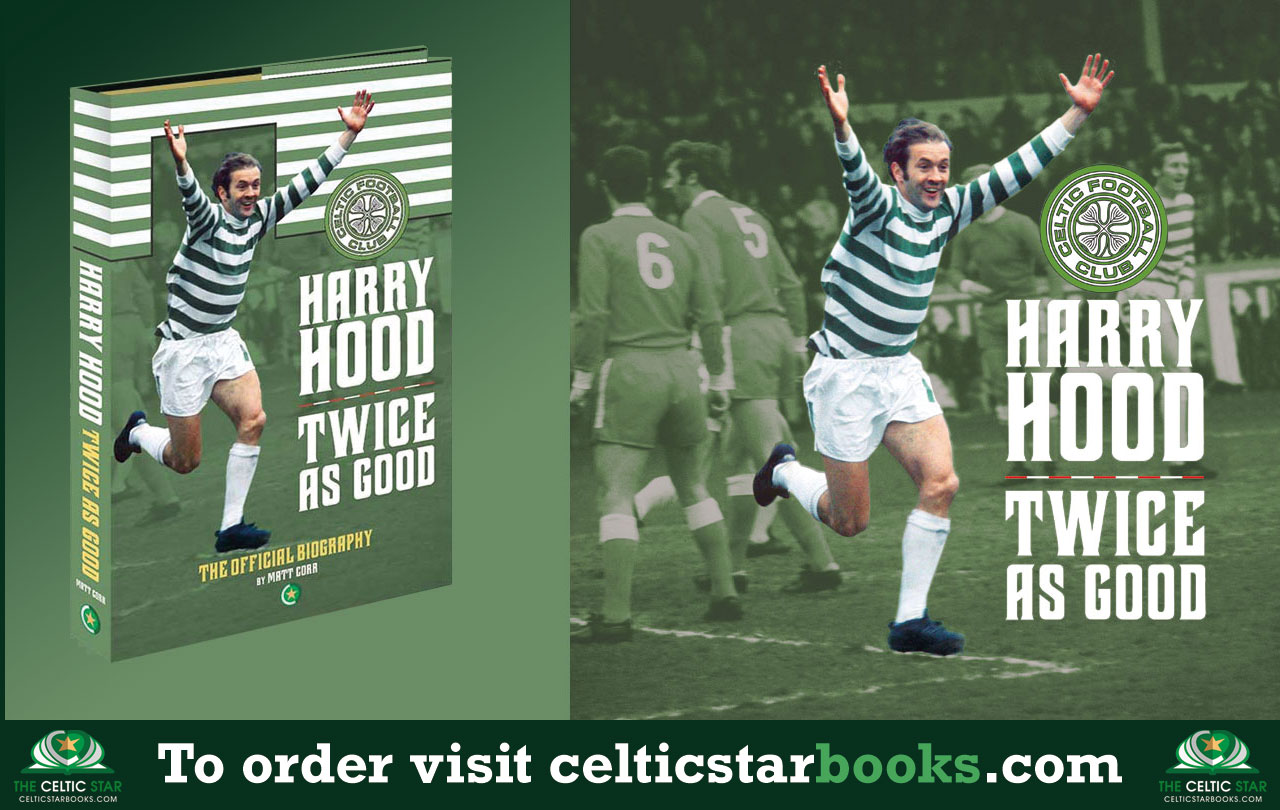



Cant disagree more.
The issue of how badly what should have been a pinnacle season disintegrated has discretionally been placed at the feet of Lennon and Lawell.
Was just one thing after another and the sad thing is the three who should have looked back on it as the highlight of being involved in fitba and Celtic in particular are now pariahs in the eyes of some.
Anyone who thinks Lawell, Lennon and Brown are not hurting as much as themselves and fellow fans has no understanding of what the above three gave our club.
Between them probably involved in 90 % of the post Jock era success the club has achieved .
Simply dont get the this he has to apologise rubbish he hurts how it turned out as much as anyone and IMO what is the big deal pointing a finger at any individual ,was a season no one could have predicted and anything that could go wrong did.
Been said before but should be reiterated, despite success on the field, NL did nothing to progress Celtic as a modern football club. Development of youth players, tactics, infrastructure, everything that a manager should be he neglected. Undid the progress of Delia and Rodgers. A legend? not in the same positive category as many others.